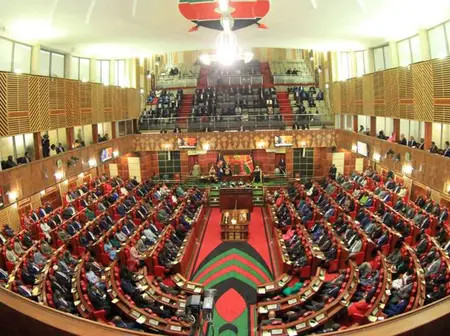The High Court has stopped Parliament from sending the Constitution of Kenya (Amendment) Bill to President William Ruto for assent until it rules on a petition filed by Katiba Institute.
In its decision, the court noted that the risks raised in the contested Bill were not mere arguments but serious constitutional concerns that required judicial review.
The judges also ruled that the doctrine of ripeness did not apply in this case and confirmed that the court has jurisdiction to hear and decide the matter.
At the same time, the court ordered that the Bill must not reach the President for assent and, if he assents to it, the law will remain ineffective until the case is concluded.
“Suspending what is reasonable serves the public better than proceeding with a doubtful process which could lead to problematic constitutional amendment,” Justice Lawrence Mugambi ruled.
The Chief Justice will now appoint an even number of judges to handle the petition.
At the core of the petition, Katiba Institute advances two main arguments. First, it claims that the entire Bill is constitutionally unnecessary, pointing out that the funds it proposes to establish conflict with both the letter and spirit of the Constitution.
The petitioners argue that the Bill, along with the public participation process tied to it, is redundant and breaches constitutional principles of prudence and responsibility in managing public resources.
Secondly, Katiba Institute maintains that the Bill includes provisions that can only pass through a referendum.
They accuse Parliament of failing, for over 14 years, to enact a referendum law as required by the Constitution, stressing that such legislation must exist before any constitutional amendment process can take place.
The Chief Justice will appoint a bench to hear the case, whose outcome could significantly influence the course of the current bid to amend the Constitution.

Leave a Reply